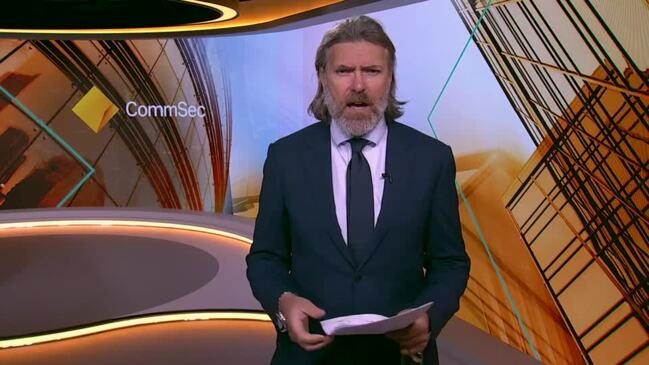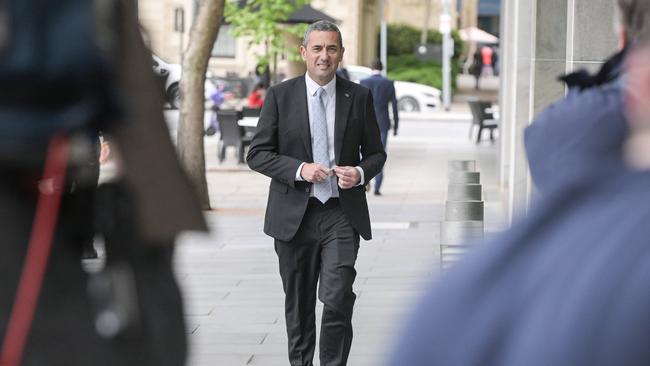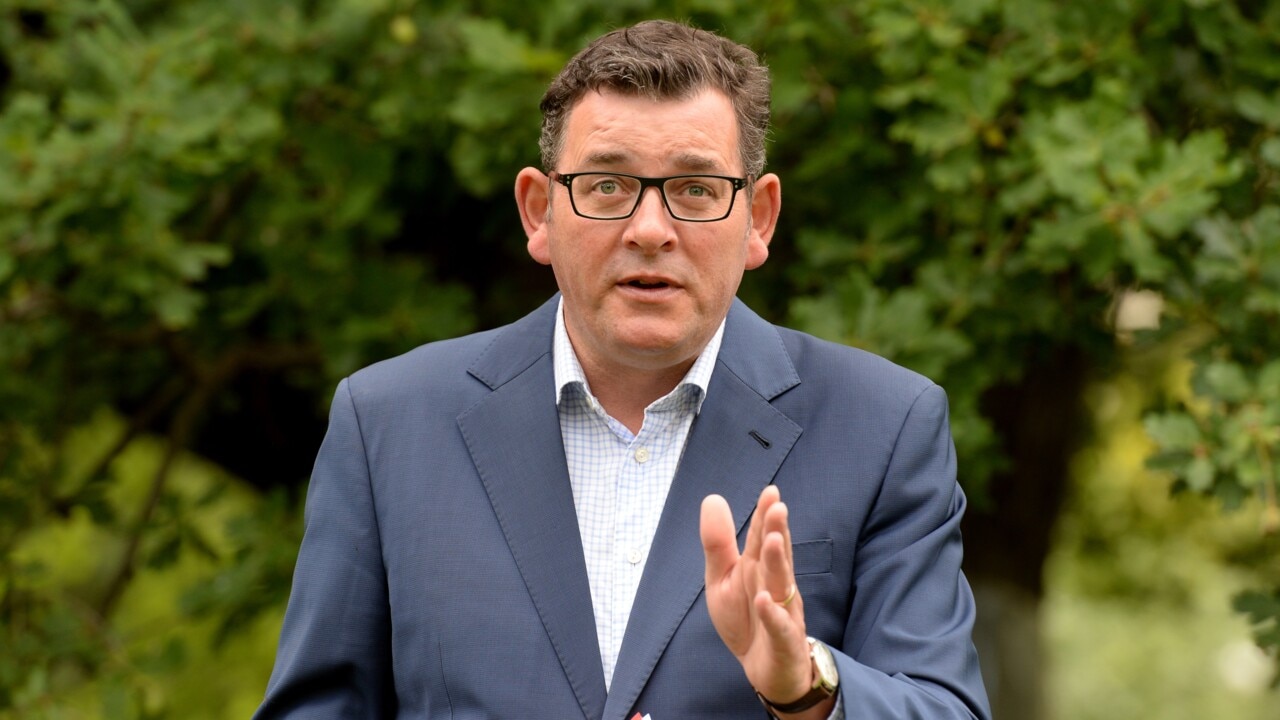Amid inflationary woes, big and encouraging economic trends emerge, particularly in US: Robert Gottliebsen


These trends have been among the factors behind the recent sharemarket rally.
And remarkably, two of the big contributors to curbing western world inflation are none other than U.S. President Joe Biden and Chinese President Xi Jinping. In Australia, our hero may turn out to be an even a more unlikely person, South Australian Energy Minister Tom Koutsantonis.
In the US, Biden came to power with a strong set of policies to curb gas and oil production. But when gas prices went through the roof, he reverted to the American tradition.
In the US, when they see spiralling prices caused by an excess of demand over supply, the first priority is to think about increasing the supply rather than simply reducing demand.
In 2022 nothing has illustrated that culture better than the huge drive to increase the production of gas and oil from the vast US shale reserves that require fracking. Biden did not stand in the way.
As a result, natural-gas prices have fallen by more than 40 per cent since hitting highs in late August. This has reduced the risk of Australian style winter heating bills for millions of Americans and easing a major cost pressure for manufacturers.
The US stepped up exports to Europe, which caused problems with Europe’s treatment capacity plus some disruption in shipping, which actually added to the downward pressure on gas prices.

Contrast that culture with Australia where all the gas discussion is about taking gas away from the rest of the world rather than taking advantage of our enormous reserves of undeveloped, low cost, on shore gas next to our pipe network.
That’s where Tom Koutsantonis suddenly broke ranks. Whether it be the Prime Minister, the energy ministers, or most state premiers (plus public servants) the rule of the Australian energy game is that you don’t ask Victorian Premier Daniel Andrews or any of his ministers why they aren’t developing the vast Victorian gas fields that do not require fracking and can be made close to carbon-neutral.
But Koutsantonis was interested in discovering the truth rather than simply bashing existing producers.
And so he broke the taboo and asked Victorian energy minister Lily D’Ambrosio to explain and in the process exposed the complete nonsense that prevents Australia following the US example, albeit with a delay.
Horrified that a state premier, let alone an ALP one, would dare challenge the doctrine of Daniel Andrews, Victorian Energy Minister Lily D’Ambrosio denied that the state’s gas development restrictions affected prices.
“It’s not a supply issue. It’s an absolute profiteering issue,” she said.
She explained that Victoria’s moratorium on conventional onshore gas exploration was lifted in 2020, but it retains a ban on “unconventional” extraction such as fracking
Victoria’s immense low cost gas reserves that have been confirmed by one of the world’s best assessors, the Sproule group, are for some reason classified by Andrews as “unconventional” even though they do not require fracking.

Koutsantonis was thwarted by a Victorian sleight of hand, but hopefully he will keep breaking the Andrews taboo and force the ministers and public servants setting Australia’s energy policy to recognise the truth.
In China, there is another taboo which is very difficult to discuss in the top echelons of power. Xi Jinping is determined to rid China of Covid, and he imposes Draconian restrictions on people movement.
One of the reasons for the restrictions is that Chinese vaccines are nowhere near as effective as those developed in the West. But no one must admit the truth.
The Covid-19 shutdowns and the deep problems in the Chinese property development industry have caused a big slowdown in China which has made a huge contribution to breaking the exploding prices cycle in iron ore, copper and many other commodities. That’s not good for Australia, but has taken some of the burden of global inflation reduction away from higher interest rates.
Although there are more rate rises coming, the US 10 year bond rate has started to decline, reflecting this new outlook.
US steel prices have fallen dramatically to their lowest level in two years. Combined with the lower gas prices, real hope spreading among US manufacturers because costs are falling, and they can take up the challenge to replace China.
Meanwhile, high interest rates have slashed US home building but again the lower steel prices provide long-term hope
I jest, but maybe we should invite President Biden to lecture our Federal and State energy politicians.





The global inflationary spiral looks depressing, but there are a number of significant and encouraging emerging trends, particularly in the US.